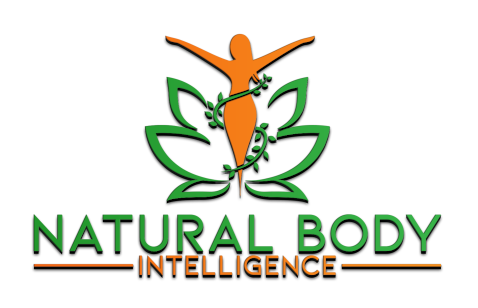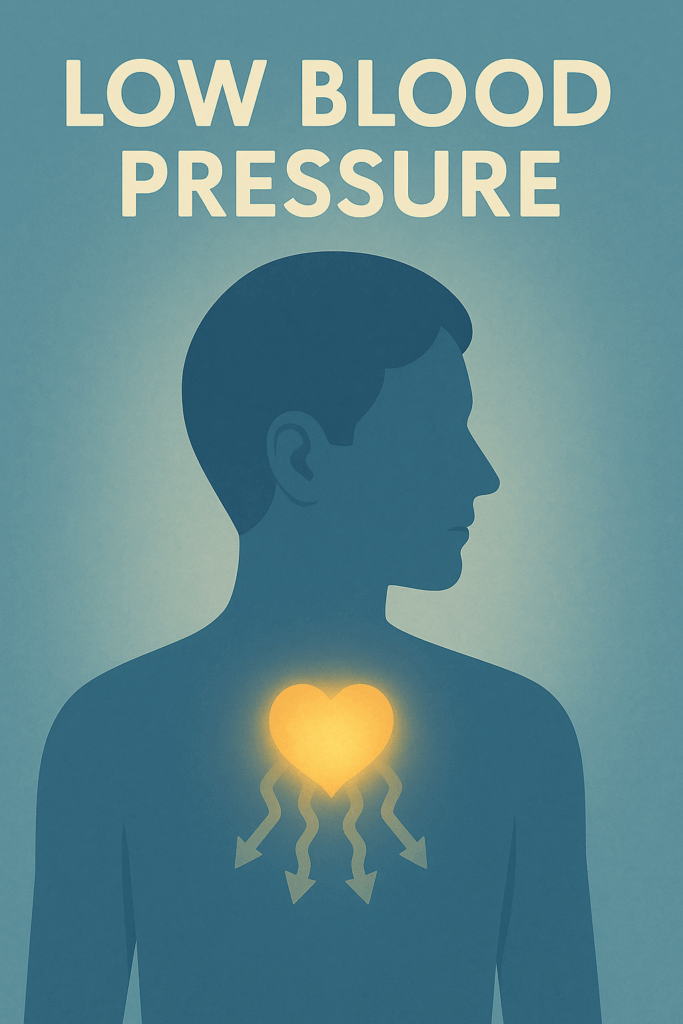Low Blood Pressure: The Body’s Call for Energy and Circulatory Balance
Low blood pressure, or hypotension, occurs when the force of blood circulating through the arteries is lower than the body requires for optimal function. While often dismissed as harmless, it can lead to dizziness, fatigue, cold extremities, and fainting. From a Natural Hygiene perspective, low blood pressure is not a disease to be medicated but a signal that the body’s vitality is diminished and its energy is being conserved for healing or protection. It reflects a lowered power of circulation, often due to exhaustion, nutritional imbalance, or internal toxicity.
The heart and circulatory system depend on sufficient nerve energy to maintain tone and rhythm. When the nervous system is depleted through stress, lack of rest, or stimulants, the pulse weakens and pressure drops. Instead of forcing blood pressure upward with artificial means, Natural Hygiene views this as an opportunity for restoration. The body reduces its activity to preserve life, much like an engine slowing down to prevent overheating. Recognising and responding to this need for rest is the first step toward recovery.
One of the most common causes of low blood pressure is chronic fatigue from overexertion. When the body has been pushed beyond its capacity — through lack of sleep, worry, emotional tension, or irregular eating — it can no longer sustain strong circulation. The heart and vessels simply slow their pace. In such cases, rest and fasting are powerful remedies. By reducing external demands, energy is redirected inward, allowing the body to repair and rebuild.
Nutritional depletion also plays a major role. A diet lacking in fresh fruits and vegetables, or one high in processed foods, caffeine, and refined carbohydrates, weakens the blood and nervous system. Such diets are devoid of the living minerals, enzymes, and natural sugars needed for energy production. When people switch to a nutrient-rich diet of fresh produce, their vitality often returns naturally, and with it, balanced circulation.
Hydration is equally vital. Blood is around 90% water, and dehydration thickens it, reducing flow and oxygen delivery. Drinking pure water and eating hydrating fruits restores volume and fluidity. Inadequate water intake, combined with salt-heavy or stimulant-rich foods, leaves the blood sluggish. True hydration, coming from living foods and clean water, recharges the circulatory system at its foundation.
Low blood pressure can also arise during detoxification. When the body is eliminating waste, it temporarily reduces metabolic speed to conserve resources for cleansing. This can cause weakness or dizziness, especially in those with low vitality. Rather than fearing this phase, one should see it as a sign that the body is releasing what it no longer needs. Gentle rest, warmth, and sunlight support this natural process until energy levels stabilise.
Emotionally, low blood pressure can reflect withdrawal — a subconscious pulling back from overdoing, overthinking, or overgiving. The body mirrors this retreat by slowing circulation. Renewal comes through grounding activities, deep breathing, time in nature, and reconnection with inner calm. When energy flows freely through body and mind, the pulse naturally strengthens without force or medication.
Ultimately, low blood pressure is a message of fatigue and conservation, not failure. The body is intelligently regulating itself to prevent further harm. The solution lies not in stimulation but in restoration: rest deeply, nourish simply, hydrate fully, and allow natural energy to rebuild. As vitality returns, the heart resumes its full strength, circulation balances, and the body once again moves with quiet power and ease.
Suggested Internal Links

